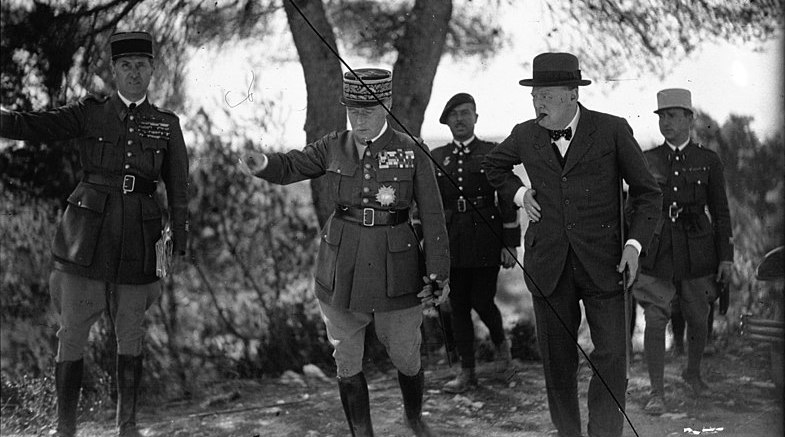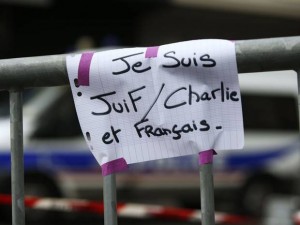
“The Prophet Churchill”: Paris 2015

Paris, 7 January 2015
”Watching the horrifying events in Paris this week,” wrote Scott Johnson, “I have found Churchill’s great speech of 12 November 1936 coming to mind. It is one of Churchill’s prophetic speeches. I believe in the Prophet Churchill—decrying the complacency of the government in the face of the gathering storm in Germany.”
Prophet Churchill, 1936
On that date, addressing the leaders of Britain’s government in Parliament, Churchill said:
So they go on in strange paradox, decided only to be undecided, resolved to be irresolute, adamant for drift, solid for fluidity, all powerful to be impotent. So we go on preparing more months and years—precious, perhaps vital, to the greatness of Britain, for the locusts to eat…. The era of procrastination, of half-measures, of soothing and baffling expedients, of delays, is coming to its close. In its place we are entering a period of consequences.
Let us add Churchill’s reflections five months before. On 2 May 1936, he spoke of inertia in the face of peril:
There is nothing new in the story. It is as old as the Sibylline books. It falls into that long, dismal catalogue of the fruitlessness of experience and the confirmed unteachability of mankind. Want of foresight, unwillingness to act when action would be simple and effective, lack of clear thinking, confusion of counsel until the emergency comes, until self-preservation strikes its jarring gong—these are the features which constitute the endless repetition of history.
History rhymes
Did self-preservation strike its jarring gong in Paris? History doesn’t repeat, Mark Twain argued—“but it sometimes rhymes.” Only time will decide if there is a rhyme here.
Those who believe there is no rhyme will argue that today’s terrorists bear no resemblance to Nazi Germany. But the destructive capacity of a bomb has advanced exponentially. There were 65 million people in 1936 Germany, only a fraction of which were ardent Nazis. There are many more radical jihadists today.
Our worst difficulties come from within
Churchill’s words reverberate. In his time as in ours there were prevaricators. They declared no difference between “us” and “them.” They insisted that we must understand and even empathize. In 1933 Churchill had a reply for these—another warning which resonates today:
The worst difficulties from which we suffer do not come from without. They come from within [and] not come from the cottages of the wage-earners. They come from a peculiar type of brainy people always found in our country, who, if they add something to its culture, take much from its strength.
Our difficulties come from the mood of unwarrantable self-abasement into which we have been cast by a powerful section of our own intellectuals. They come from the acceptance of defeatist doctrines by a large proportion of our politicians.… Nothing can save England if she will not save herself. If we lose faith in ourselves, in our capacity to guide and govern, if we lose our will to live, then indeed our story is told. (Royal Society of St. George, 24 April 1933)
In the eleventh hour England did save herself, and much else besides—but with great difficulty, and great losses. Let it not be said that we were only galvanized after an atrocity that puts Paris, Ottawa, London and 9/11 in the pale.
Further reading
“Paris, 13 November 2015: A Churchill Moment for M. Hollande” (2015)
“Antithesis of Democracy (Or: Churchill on Portland, 2020).”






